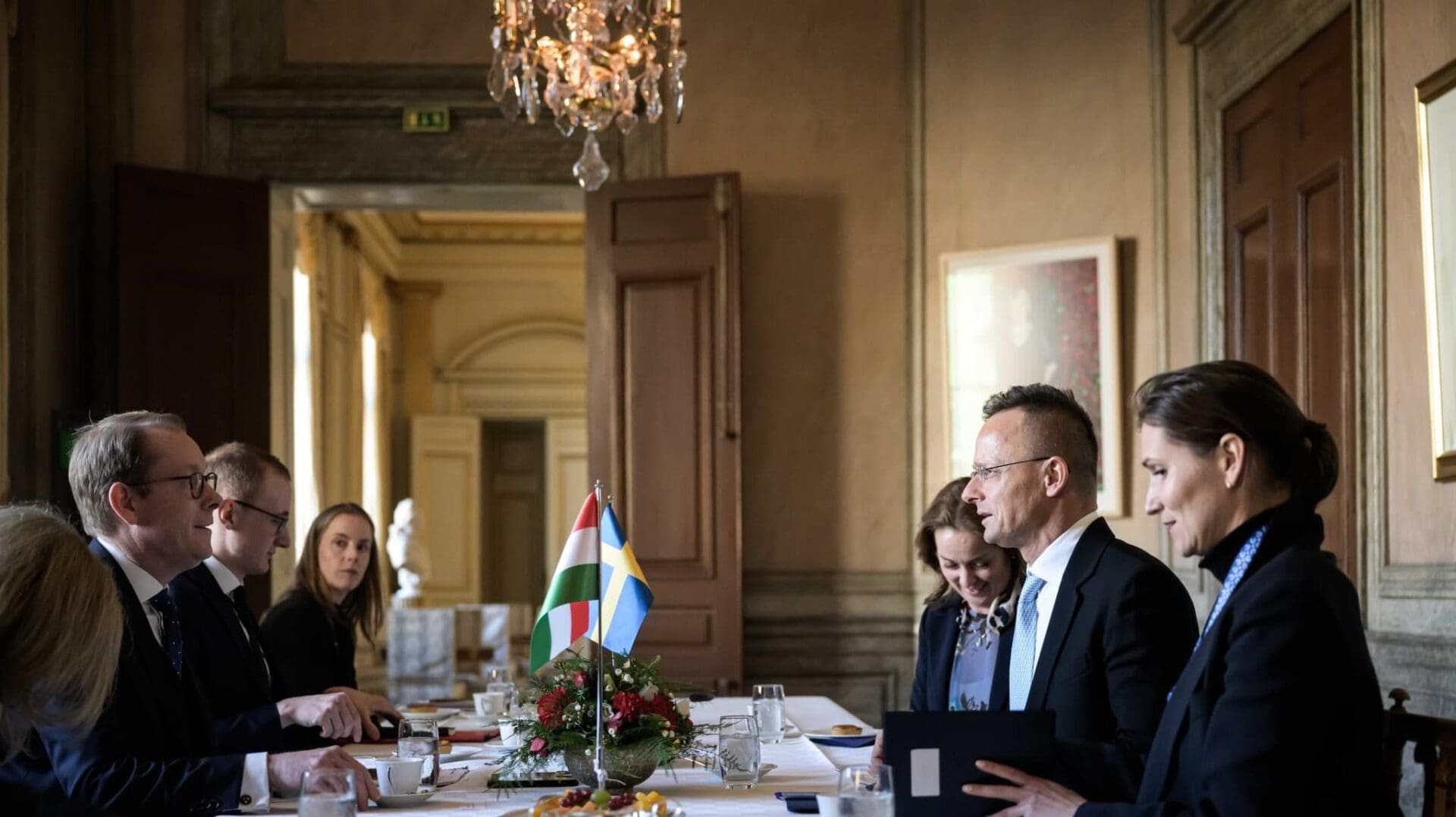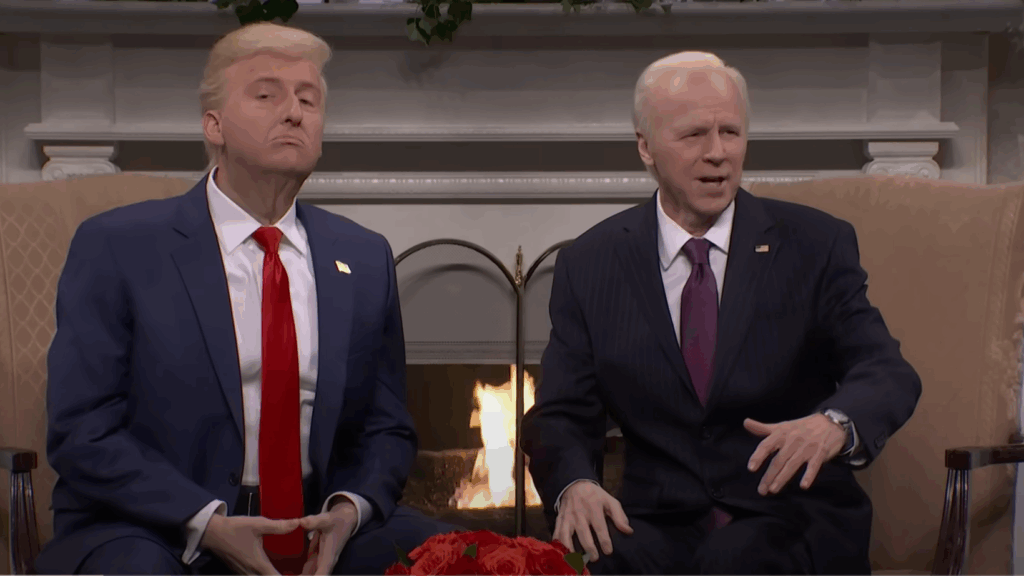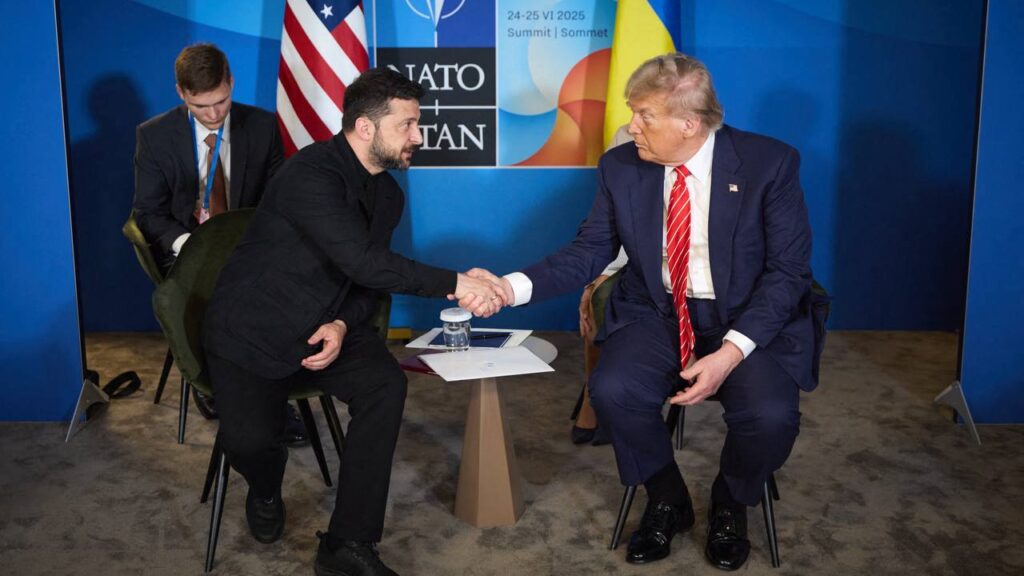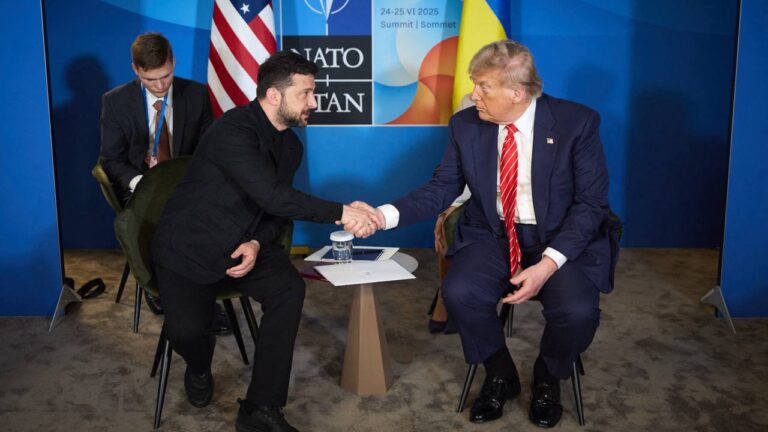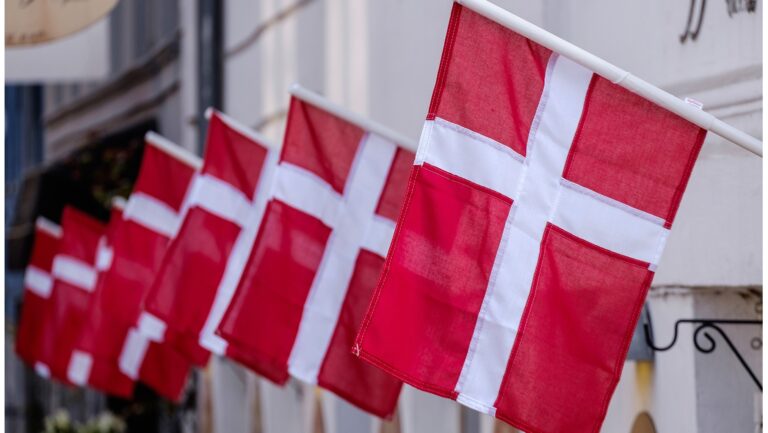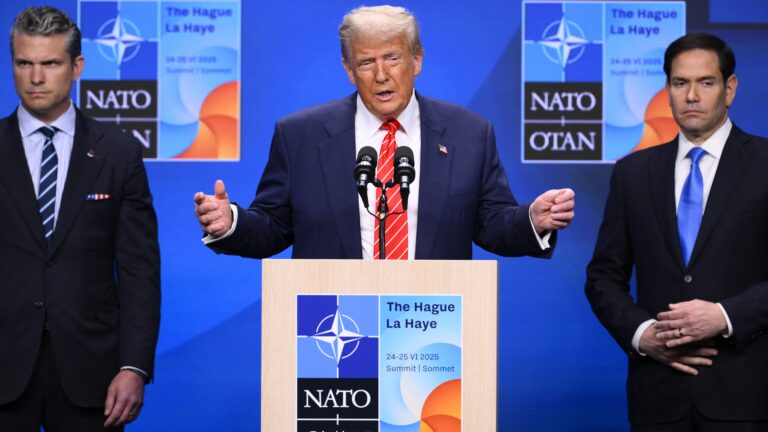A meeting between Hungarian and Swedish parliamentary delegations could take place within a week or two, announced Péter Szijjártó, Minister of Foreign Affairs and Trade, in Stockholm on Monday. The purpose of the meeting would be to clarify ‘baseless lies’ about the state of democracy in Hungary and to ratify Sweden’s NATO accession. The minister held talks with his Swedish counterpart, Tobias Billström, in the Swedish capital.
‘I was able to tell my colleague that the Hungarian government did not present the ratification proposal to Parliament by chance. We did so because we support it. The government’s support is therefore based on principles and is clear. However, the position of the Fidesz and KDNP parliamentary groups, which make up a two-thirds majority in Parliament, is much less clear,’ the Foreign Minister added, referring to the alleged heated debate that erupted among government MPs last week over Finland’s and Sweden’s NATO accession, despite Prime Minister Viktor Orbán’s clear request for support from MPs.
Szijjártó also emphasised that there were ‘numerous doubts expressed in the ranks of the factions about Sweden’s and, partly, Finland’s NATO accession.’ The Foreign Minister said it was legitimate for some parliamentary representatives to ask,
‘How can a country expect a favour from us when its politicians have spread lies about Hungary constantly and consistently over a long period of time? How can they expect fast, fair, and correct decision-making when we have constantly heard from them that there is no democracy in Hungary, that the rule of law is not ensured, that there is no media freedom, and that the judiciary is not independent?’
According to Szijjártó, these are all obvious lies based on a preconception. The Foreign Minister said his Swedish colleague welcomed the honest discussions about these difficult and complicated issues, and promised to mediate to ensure that the exchange between the two parliaments could take place as soon as possible, with the parliamentary delegations meeting within a week or two.
Finally, the minister also stressed that Stockholm places at least as much emphasis on the issue of national minorities as Budapest does. Therefore, as he highlighted during the meeting, the systematic violation and erosion of the rights of the Hungarian minority in Ukraine is unacceptable. ‘We expect Ukraine to return all of these national rights which the Hungarian national community had eight to nine years ago, one by one. We are not asking for anything more, but we certainly expect this much,’ the Foreign Minister concluded his statement.
Discussions About the NATO Bid
The approval of the parliaments of all 30 member states of the military alliance is needed for the two countries, Sweden and Finland, to become the new members. 28 countries have already approved by the end of September, but the Hungarian Parliament did not put the issue on its agenda until now.
‘Those who have unjustly accused Hungary in recent years are asking for our support,’ said Lőrinc Nacsa on behalf of the Christian Democratic People’s Party (KDNP). According to Nacsa, the hesitancy to back the accession is due to ‘undeserved accusations’ made by representatives of the two countries.
‘Statements were made by a Swedish minister in office that the Hungarian family protection system is reminiscent of the 1930s, while others claimed that Hungary should not be given any EU funds,’
he said. Nacsa believes that they simply expect mutual respect.
‘If we ask for something, let’s be wise and not slap the other party beforehand,’ said KDNP’s Hajnalka Juhász. ‘We support the expansion, but these are countries that hinder our access to EU funds and question our justice system that are requesting accession,’ she added. However, the representative also called for Parliament to ‘generously’ overcome the insults and vote for the accession of the two countries.
‘We support the expansion because NATO will be stronger with two world-class armies. We support it because NATO expansion is contrary to Putin’s plans,’ said Zsolt Németh on behalf of Fidesz. He stated that Putin is the best lobbyist for NATO because the alliance has expanded further under his influence.
Németh explained that their ‘peace diplomacy’ does not mean support for Putin, and they do want an independent Ukraine. To achieve this, they urge a negotiated outcome.
Fidesz’s Lajos Kósa spoke at length about the trust in NATO, citing the explosion of the Nord Stream pipeline as an example. He believes there are still many unresolved issues about the case, and it cannot be ruled out that the Americans themselves blew it up. Kósa then went on to briefly address the question of Swedish-Finnish NATO accession: the Hungarian delegation is going to make friends, and there is a history of Finnish-Hungarian military partership, as he pointed out. ‘It’s not up to us, we won’t be the last ones to ratify, that’s for sure.’
On Wednesday, the President of the Republic also indicated that it would be time to ratify the Swedish-Finnish accession request. Katalin Novák deemed the accession of the two countries reasonable. ‘I trust the National Assembly will make the wise decision as soon as possible!’ she wrote. Novák added that it is a complex issue that has serious consequences.
At yesterday's press conf. w/ 🇨🇿 Pres. Zeman, I stated that I’m delighted that the 🇭🇺 Parliament is expected to vote on 🇫🇮 🇸🇪#NATO membership in the week of March 20th. As I’ve said before,it is a complicated issue,but I consider it justified that 🇫🇮 and 🇸🇪 should join NATO asap. https://t.co/HmM9DlgL97
— Katalin Novák (@KatalinNovakMP) March 4, 2023
On Tuesday, the NATO Secretary-General, who had not previously been urging approval, also spoke out on the matter. ‘It is time for the remainig member countries to ratify Finland’s and Sweden’s NATO accession,’ said Jens Stoltenberg in Helsinki. Apart from the Hungarians, the Turks have not yet approved the accession either. They have previously indicated their conditions towards the Swedes, which will be discussed again soon.

